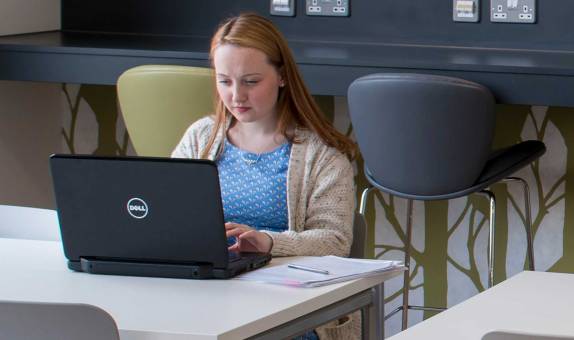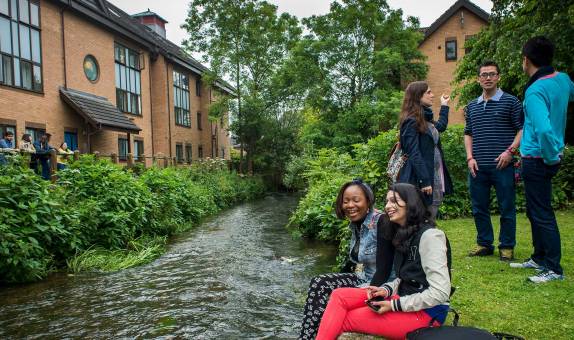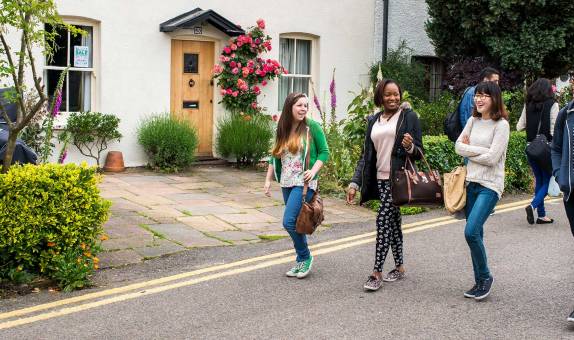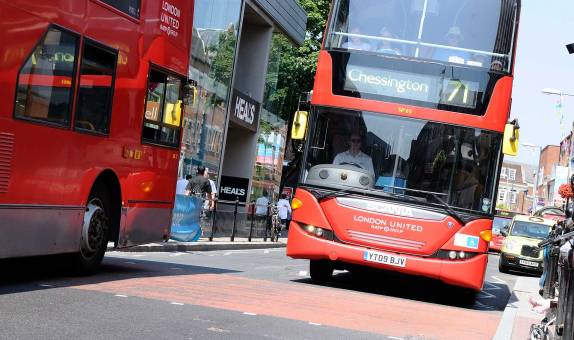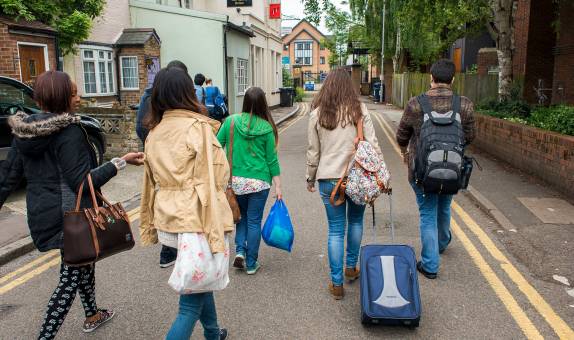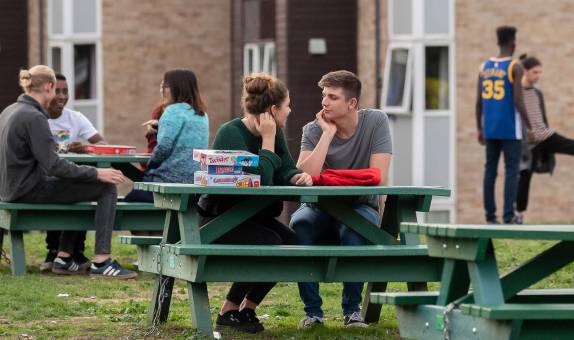A guide to renting student accommodation privately
There are plenty of private accommodation options in and around Kingston, so make sure you include them in your search for your perfect student home!
On this page you will find information to help you before you start your search as well as tips on where to look for a property, what to consider when viewing a property and what you need to remember when signing the contract to protect your money – all to ensure you can move into your rented property without delay in time for the start of term.
Please note
Be extremely careful when seeking accommodation on the internet as cases of fraud are common. Never pay any money or sign documents before arriving in the UK and seeing the property in person.
Before you start your search
Here you will find information on what to consider before you begin your search for a rented property.
Where to look for a property
There is a strong private rented sector in Kingston and the surrounding areas, with a good range of properties available. Please contact our accommodation officers if you have queries or need help to find a place to rent.
Viewing a property
It's extremely important to view a property before you commit to it. If you're part of a group, arrange a viewing when you can all visit together. When you have viewed a number of properties, feel free to ask for a second viewing on your first choice to make sure you/everyone is happy to proceed.
Signing the contract and protecting your money
You need to be absolutely clear about the terms, conditions and financial obligations you enter into when renting a property. Don't feel pressure to commit quickly. If you have queries, please contact our Accommodation Officers.
Alternatively, if you have any concerns regarding your housing agreement, our Student Welfare Advisers can look through your contract to ensure everything is correct.
Moving in to a rented property
Find out what you need to do when you begin living at your new home, in order to avoid unexpected problems later on.
Any questions?
Please get in touch if you have any queries for the accommodation team at Kingston University.



